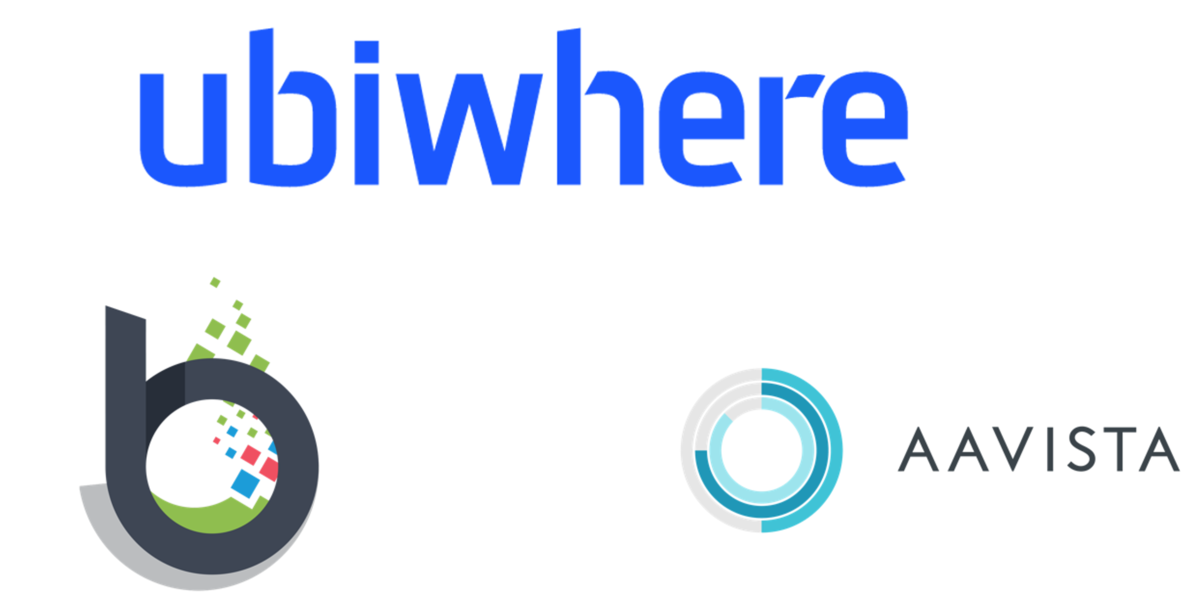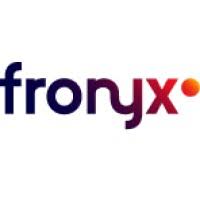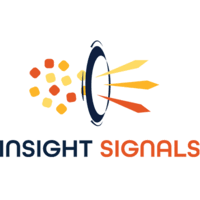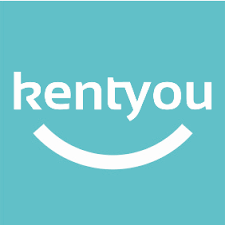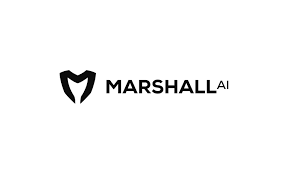Atmosphere
ATMOSPHERE, a consortium of HOPU and Engineering is focused on route flow optimisation in road and canals/ports traffic, associated with the transfer from private vehicles to public transport. It will provide dashboards to understand what, where and how CO2eq is produced related to Zonification and its reduction. It will evaluate the evolution of CO2 based on the main actions to reduce it. The tool evaluates the impact of different mobility actions to understand their effects on CO2 emissions. ATMOSPHERE will also optimise the human and economic resources, identifying how to reduce them and what actions have a better impact in the transition to more sustainable cities.
Avenue/Nommon
AVENUE is an innovative solution to predict the impact of shared mobility services on urban transport GHG emissions, in order to support authorities in the decision-making processes aimed at an effective integration of these new mobility options. AVENUE builds upon well-proven methodologies for mobility data collection and analysis developed by Nommon and Populus.
Carto
Carto's solution is focused on the effective planning of active and micro-mobility services. It provides all the needed precision data and usable tools to analyze the impact of CO2 emissions reduction based on Location Intelligence (LI) and Spatial Data Science applied to micro-mobility and active mobility. Cities will be able to promote micro-mobility, cycling, walking, and shared mobility, making it more attractive for citizens and accessible to encourage a reduction in the number of motorized trips, and thus emissions. It is a new solution to traditional mobility planning problems and to new modes of transport.
FranchetAI
the FranchetAI solution will provide cities with services forecasting reports about the usage of EV chargers and bikesharing systems for different periods, access to geographic distribution of the GHG emissions across the urban environment, their evolution over time, and their source and recommendations about locations for nature based solutions to absorb car-emitted GHG emissions. Citizens and commuters will get recommendations for itineraries customised to user preferences to release fewer or no GHG emissions, as well as Carbon digest reports (daily, weekly, monthly) about the amount of GHG emissions saved, through gamification and incentives from community challenges sponsored by cities and local organisations. FranchetAI is being developed by an international consortium of Ubiwhere (Portugal), Aavista (Finland) & 8Bells (Cyprus)
Fronyx
The Guaranteed Charging project aims at optimizing the usage of public charging stations. It will help electric vehicle drivers to always find a vacant charge point and will be the groundwork for advanced use- cases like smart charging or dynamic pricing. Based on highly accurate predictions of future charge point usage, the backend system that is developed by fronyx GmbH allows to give electric vehicle drivers an indication where and when to charge next. Current technical solutions are in this regard not accurate enough in their prediction accuracy to offer such feature to end-users without confusing or even misleading them.
Insight Signals
Insight Signals' Twin4Impact solution, is a user-centred Mobility Digital Twin which reproduces and simulates continuously the transportation system of a city and calculates resulting CO2 emissions. It is A live digital replica of a city’s transportation system, accessible on a web platform, updated through data feed gateways. It aims to Simulate city transportation patterns at micro and macro levels, integrating users’ behaviours, calculate mobility related CO2 emissions, monitor city progress towards carbon neutrality and prrovie cities’ decision-makers, including its citizens, with the possibility to follow and understand mobility patterns in details, as well as to test the impacts of new projects and policies.
Kentyou
Kentyou proposes a holistic approach for reducing the CO2 emissions in cities, by providing a horizontal data and application platform which will embrace a variety of mobility related solutions. Kentyou will provide not only this horizontal platform, but also three applications; Mobility as a Service (MaaS), Traffic Flow Optimisation and Impact Monitoring tool. Maas will encourage soft and active mobility by optimizing the locations of bicycles, scooters and electric cars stations. Traffic flow optimization will reduce traffic jam by forecasting the future congestions and parking spots availability. The impact monitoring tool will demonstrate how the action-oriented recommendations can impact the air quality.
Kradient
Intelligent Interconnected Intersections (Ix3) is an innovative solution, developed by MarshallAI and Dynniq, to reduce emissions from traffic by using a broad set of AI tools to optimise traffic flows. Traffic light control has for decades been based on time intervals. Dynamic inputs have been limited to induction loops giving simple point information at a preset distance and push buttons indicating simply presence. The Ix3 system drastically reduces the amount of different sensors and increases the amount of data at hand using deep learning based artificial intelligence and visual sensing.
Urban Radar
Urban Radar's solution CityForward consists of a technological platform for cities and logistics companies to achieve city-wide coordination of logistics resources, maximise operational efficiency and minimise externalities, such as carbon emissions, pollution, congestion, and noise. The solution applies an AI-driven resource allocation mechanism to achieve city-wide optimal provision of deliveries, pooling together logistics resources to enable horizontal collaboration and establish a virtual city logistics network for last-mile city logistics. Unlike other similar logistics routing solutions, CityForward takes a multistakeholder approach for routing and resource allocation.
Vianova
The proposed solution, developed by Vianova and Rebel Group is an effort to advance the management of shared mobility beyond punitive regulations and to better align the policy priorities of cities with the operations of mobility providers. The product builds on top of an already existing shared mobility management system, the Cityscope platform built by Vianova. The Cityscope platform already offers cities and shared mobility operators the ability to analyze shared mobility patterns in their cities and create and enforce policies of their own design. However, the MPAT tool represents a significant improvement on this existing product, as it enables “smart” regulations that support shared mobility.



